Keywords: Father Frank Brennan
-
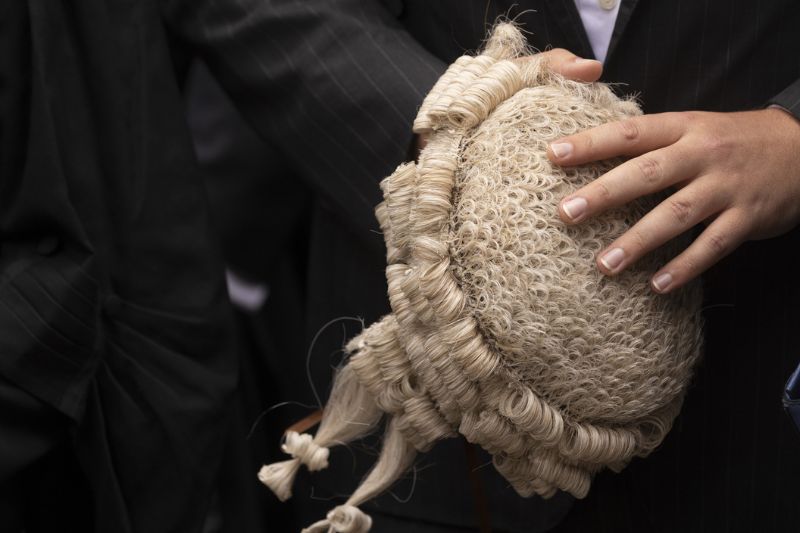
AUSTRALIA
- Frank Brennan
- 20 August 2024
6 Comments
In the aftermath of the failed Voice referendum, questions arise about the legal profession’s role in public discourse. Was this a missed opportunity for legal experts to provide critical analysis and guidance on such a significant constitutional matter?
READ MORE
-
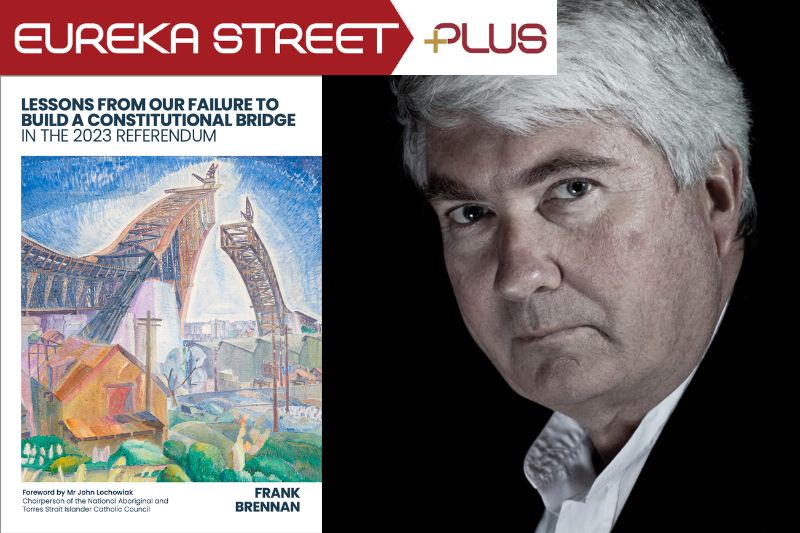
AUSTRALIA
- David Halliday
- 28 June 2024
13 Comments
It's been eight months since the Voice referendum, and people are starting to grapple with what its defeat means for Australia. There are few voices in Australia as qualified to conduct a postmortem of the outcome of the Voice referendum campaign as Frank Brennan. We examine what lessons can be learned and crucually, whether there’s reason for hope for Indigenous constitutional recognition.
READ MORE
-

AUSTRALIA
- Andrew Hamilton
- 19 March 2024
Recognition is not simply an acceptance of facts. It involves also entering the experience of the people affected. Reconciliation must begin with truth telling, flow into empathy, and be followed by a conversation aimed at building decent relationships.
READ MORE
-

AUSTRALIA
- Kerry Murphy
- 04 January 2024
Throughout recent decades of Australian history, the stance every government has taken on asylum seekers has reflected the shifting political landscapes and challenging humanitarian issues that have continually shaped Australia's response to those seeking refuge.
READ MORE 
-
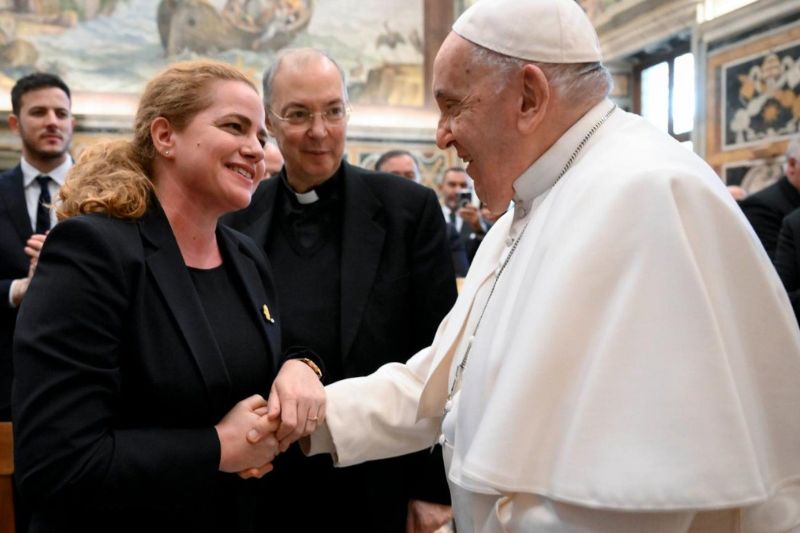
AUSTRALIA
- David Halliday, Michael McVeigh, Laura Kings, Michele Frankeni, Andrew Hamilton, Julian Butler
- 21 December 2023
10 Comments
To close the year for Eureka Street, the editorial team wanted to nominate who we considered to be the Eureka Street ‘person of the year’ based on this year's newsmakers.
READ MORE
-

AUSTRALIA
- Kerry Murphy
- 28 July 2023
How has Australia's asylum seeker policy changed over the past thirty years? The approach of every government has reflected the shifting political landscapes and challenging humanitarian issues that have continually shaped Australia's response to those seeking refuge.
READ MORE 
-
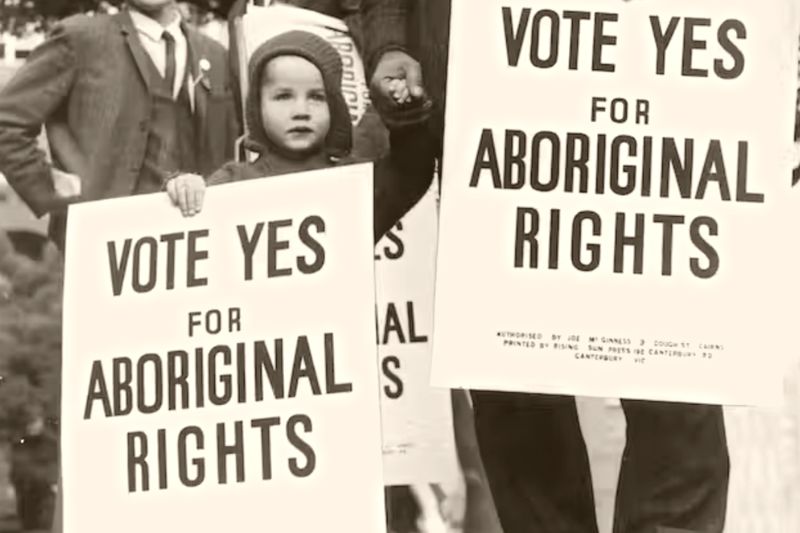
AUSTRALIA
- Frank Brennan
- 05 June 2023
19 Comments
The wording of the proposed change to the Australian Constitution to enshrine a First Nations Voice might not be perfect. But whatever the imperfections and the risk of future complications, it is high time that Australia’s First Peoples were recognised in the Constitution in a manner sought and approved by a broad cross-section of Indigenous leaders.
READ MORE
-
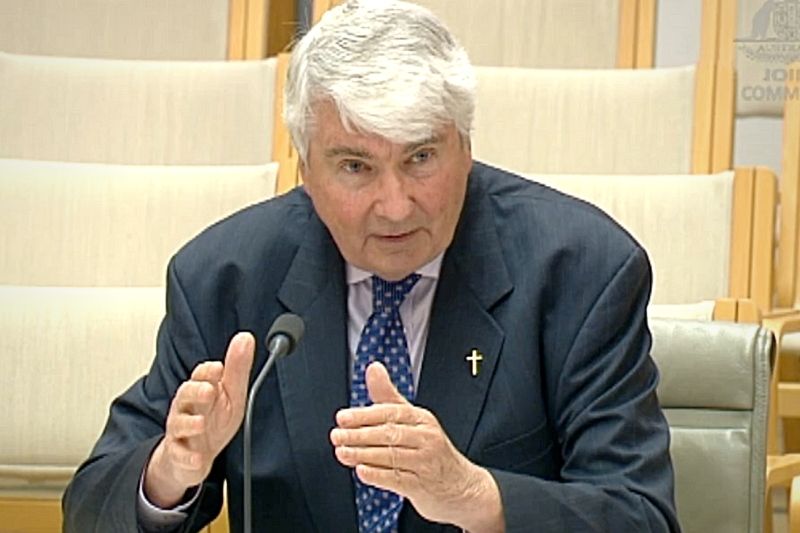
AUSTRALIA
- John Warhurst
- 04 May 2023
20 Comments
Frank Brennan's book An Indigenous Voice to Parliament: Considering a constitutional bridge is an urgent contribution to this important national debate around the shaping of the Voice and the referendum question. It is a book concerned with what’s likely to be successful rather than a manual on how to vote.
READ MORE
-
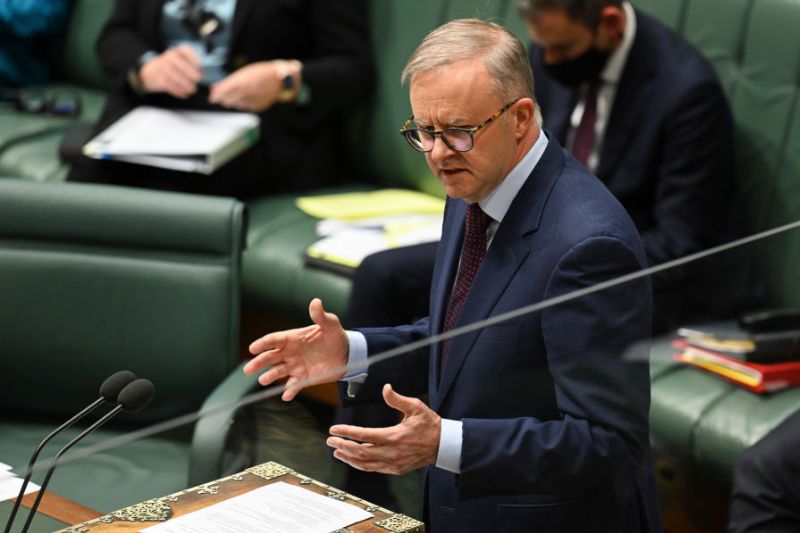
AUSTRALIA
- Frank Brennan
- 28 October 2022
6 Comments
In recent years, Australian policies in relation to asylum seekers and refugees have been unnecessarily mean, cruel and disorganised. The election of the Albanese government provides the opportunity for a reset, putting behind us the past mistakes of both Coalition and Labor Governments in the last 20 years.
READ MORE 
-
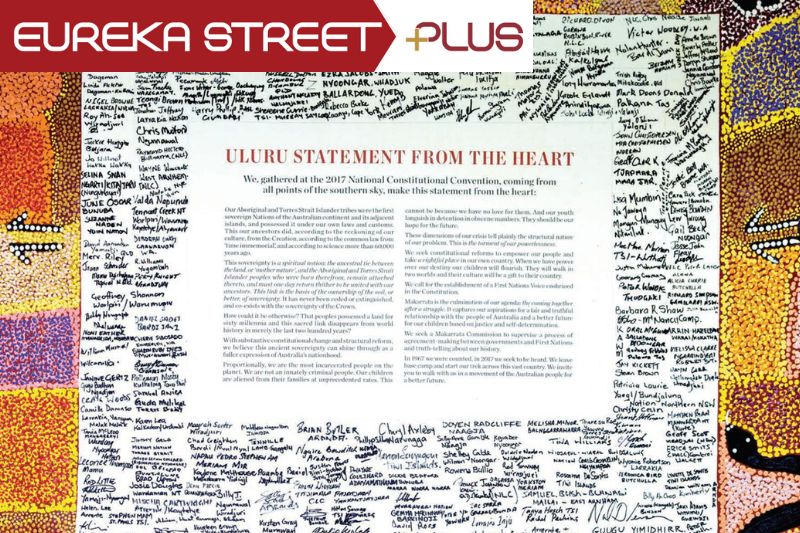
AUSTRALIA
- Frank Brennan
- 17 August 2022
2 Comments
We need to be able to do more than simply give notional assent to the Uluru Statement. We need to be able to contribute to the hard thinking and difficult discussions to be had if the overwhelming majority of our fellow Australians are to be convinced of the need for a Voice in the Constitution.
READ MORE 
-
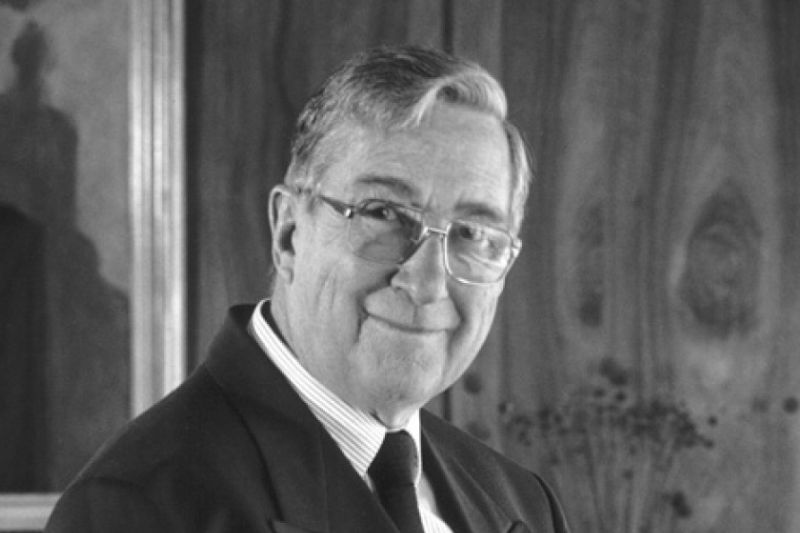
AUSTRALIA
- Michael Kelly
- 16 June 2022
3 Comments
The Court in Mabo, where Brennan J led majority, put an end to the notion of Terra Nullius, by which the British could claim that land in Australia was ripe for the picking because it belonged to no one, and opened the claims to land ownership to a much wider group including the traditional owners. The follow-up judgement in Wik took that understanding even further.
READ MORE 
-
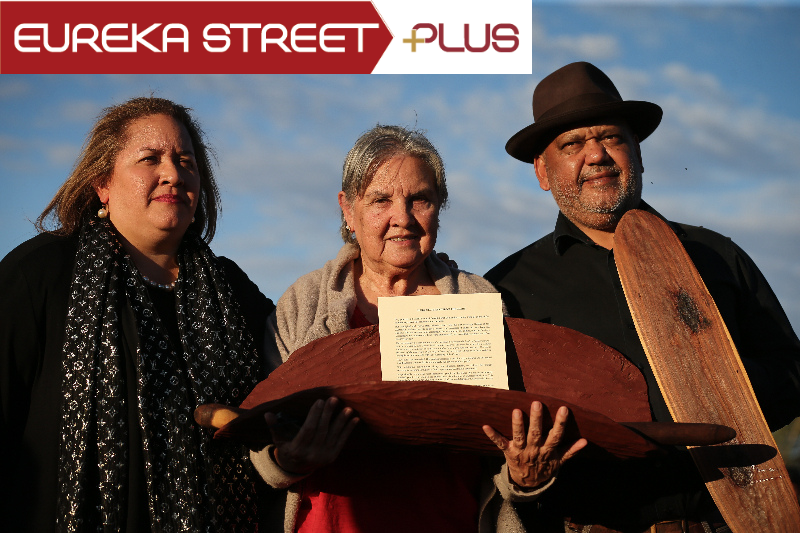
AUSTRALIA
- Frank Brennan
- 06 May 2022
5 Comments
Whoever is Prime Minister after the election on May 21, he will need to address the question of Indigenous recognition in the Australian Constitution. This is the sixth election in a row when the question has been a live, unresolved issue during the election campaign. The patience of Indigenous leaders is understandably wearing thin. Trust is waning. There is still no clear path ahead. So where to from here?
READ MORE 